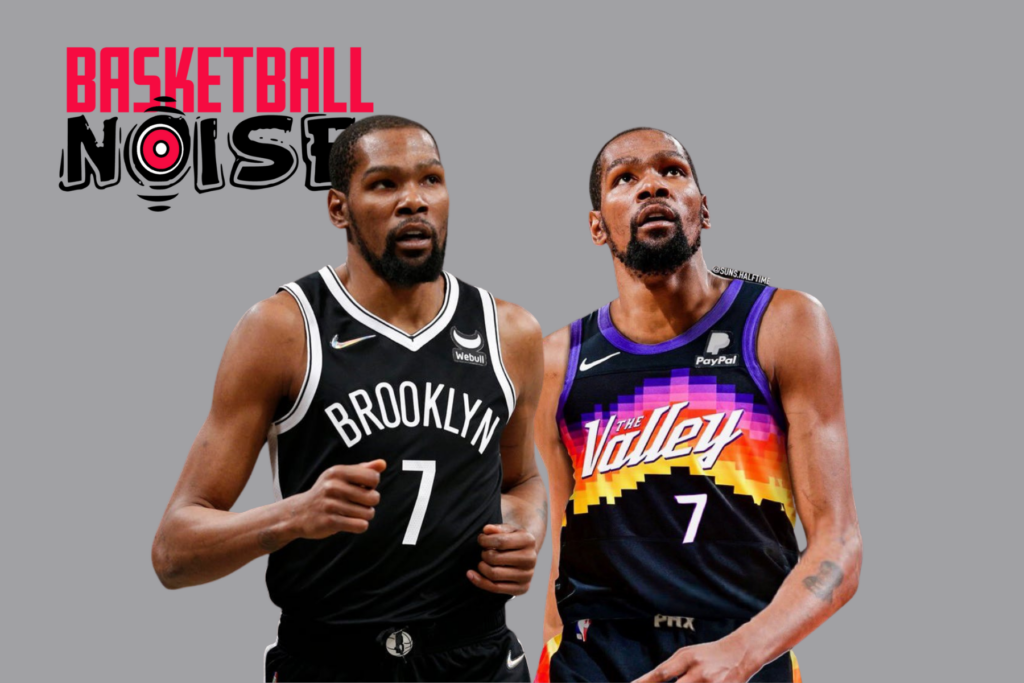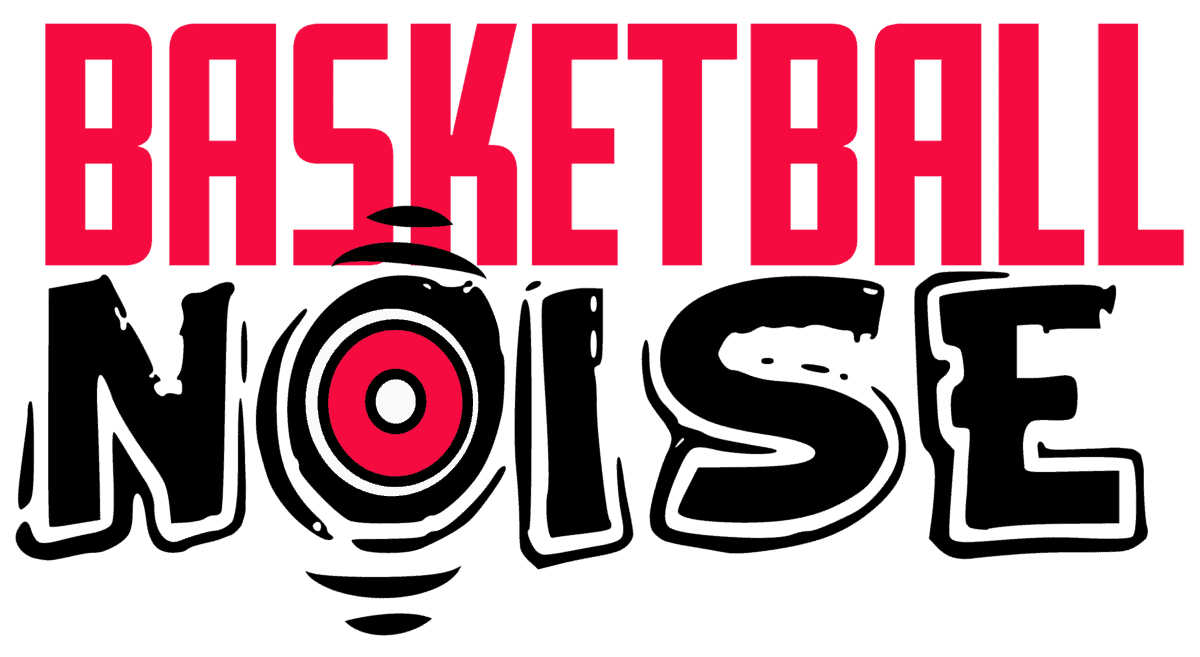Some NBA fans love to follow the offseason even more than the regular season. While basketball is great and all, the storylines and the drama that have been building up for months spill over once the offseason begins. The offseason is key for teams to make moves that will make or break their future, and the same goes for players. Free agency is one of the biggest events in the NBA that promise to reshape the landscape of the league for potentially years to come.
When do NBA players become free agents? NBA players become free agents at the end of their contract. NBA players who are eligible to become free agents are able to negotiate with teams starting at 6 PM Eastern Time on June 30th. However, there is a moratorium period where free agents cannot officially sign with their new teams, which ends on July 6th (there are exceptions to the moratorium period).
Why do NBA players become free agents?
NBA players become free agents once their contract has run up, but many times teams try to offer their players contract extensions before free agency to keep them on the team. However, some NBA players choose not to sign contract extensions and would rather test the waters in free agency. One reason why players become free agents is to get a better contract; this may be in terms of contract length (some players want a longer guaranteed security) or salary amount (some players believe that they deserve a bigger payday).
Other players attempt to find a new team for a change in career direction, either to grab a bigger, more central role, to join a team with high ambitions, or to grab a spot on a championship contender for a chance at a ring. Some players may have developed differences with the franchise, or even a rift, and are looking for a new situation that is more suitable to them. In short, free agency is a great way for players to explore their options beyond their current team; it’s quite common for players to stick around with their current team too.
What are the two types of free agents?
There are two types of free agents: restricted and unrestricted. Unrestricted free agents are allowed to sign with any team that they choose, while restricted free agents do not have that luxury. There are several scenarios which give a player the “restricted free agent” designation. The most common occurrence is when a player who was a first-round draft pick and has just finished the 4th year of his rookie scale contract.
A restricted free agent is still a free agent, but his current team holds the “Right of First Refusal.” To explain this principle, a restricted free agent may receive an offer sheet from a new team in free agency; the principle allows the player’s current team to match that offer and retain the player. The current team is in a favorable position to retain the restricted free agent.
Before a player becomes a restricted free agent, the team must put a “qualifying offer” on the table. The qualifying offer is a contract extension of sorts, but only for one year (the next summer, the player will become an unrestricted free agent). If the player doesn’t sign it, he becomes a restricted free agent. When a restricted free agent is given an offer sheet from a new team, the current team can match it and keep the player (offer sheets are for 2 years minimum). However, should the team not match the offer sheet within two days, the restricted free agent becomes unrestricted (and can sign with the new team).
What free agency signings are allowed during the moratorium period?
While it may be known as the moratorium period, the first few days of July are some of the busiest and most news-worthy days of free agency. While most free agent signings cannot be made official until after the moratorium period (think back to the DeAndre Jordan fiasco with the Dallas Mavericks), there are some free agent signings that are allowed to occur.
These exceptions include NBA teams signing their draft picks (first-round picks sign rookie scale contracts, second round picks sign tenders), restricted free agents signing qualifying offers (with their original team) or signing offer sheets (with their original team or a new team), players signing minimum-salary contracts (exceeding no more than 2 seasons and no bonuses), and players having a Two-Way/Standard contract conversion (can be vice versa or just a normal Two-Way contract signing). Teams can also waive players or claim players off the waivers during the moratorium period.
What other options are there for an NBA player to change teams?

Free agency is not the only way an NBA player can change teams. The other, most common way to change teams is through a trade. A standard trade (at any point before the trade deadline) involves a player changing teams but keeping his original contract (no new contract signed or terms negotiated, new teams take on the contract). This situation occurs when a player may have had a falling out with his current team and/or wishes to join a new team with more ambition or better suited to him.
Another situation, which also occurs during free agency, is known as the sign-and-trade. For example, a player wants to change teams but wants the best possible contract. Therefore, the player’s current team signs him to a contract (that exceeds what other teams can offer the player), and then trades him to a different team in exchange for players/cash/draft picks. This way, the original team gets assets in return (instead of losing the player in free agency with nothing in return), the player gets the best possible contract, and the new team gets the player they wanted.
The buzz of free agency may be mostly contained to the first week of July, but it is a truly impactful few days. The moves a front office makes is incredibly vital to an organization, because success doesn’t ultimately come from just the 5 players on the court. The competency and the shrewd business acumen of an NBA front office comes out to play during free agency, and all fans can do is sit and watch to see if their favorite team can keep their stars or add new ones in the ever-constant quest for success.
